Facial expressiveness in cultures
Cultural readings are built upon this base. For example, a study of Chinese participants showed that Chinese-Americans were quicker to accurately read the facial expressions of other Americans than they were of Chinese residing in China. Similar findings were observed with Tibetans residing in China and Africans living.
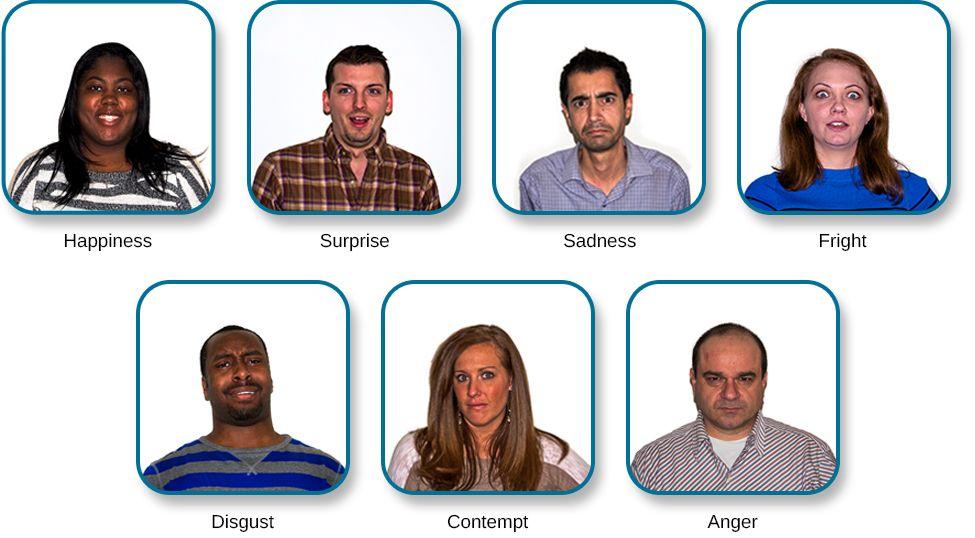
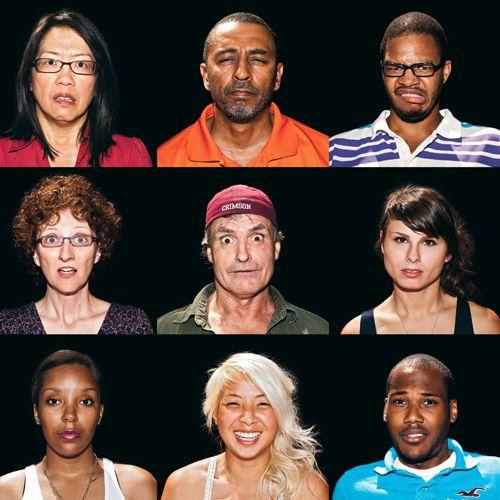


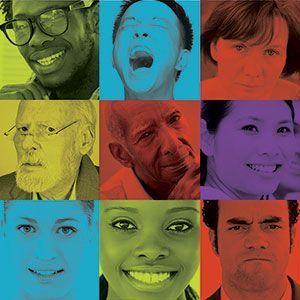
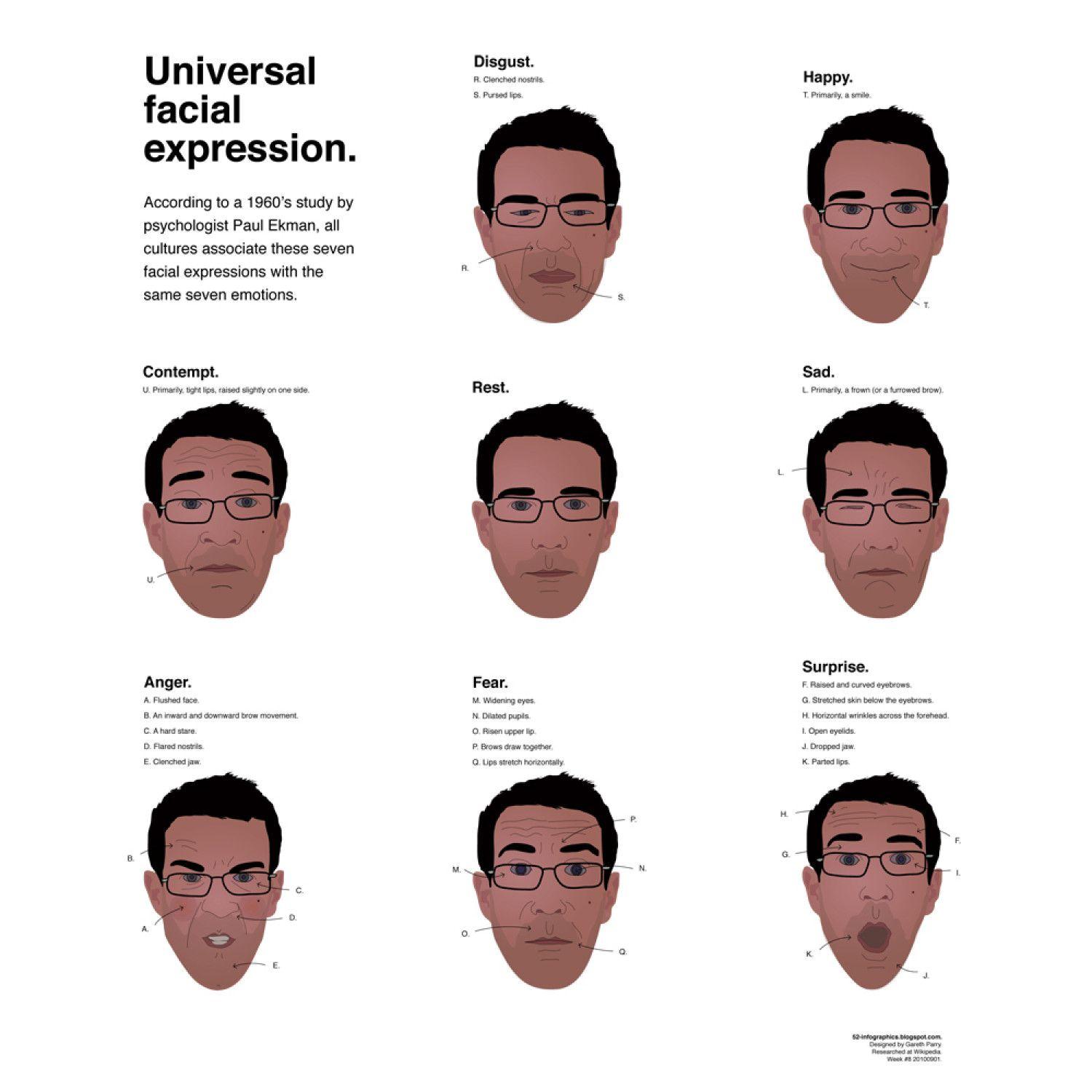
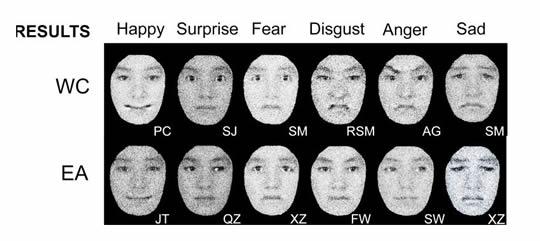
1 Sep People from different cultures perceive facial expressions in unique ways through their own mental representations.
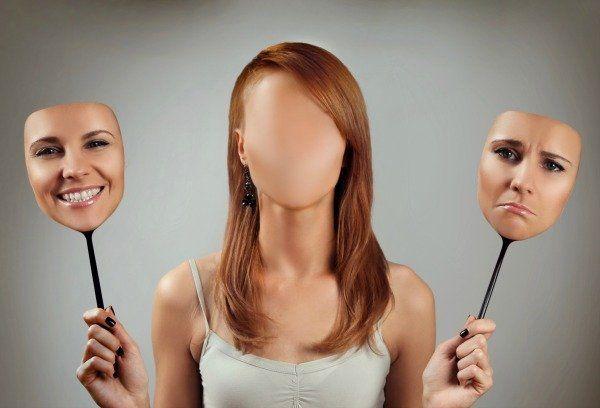

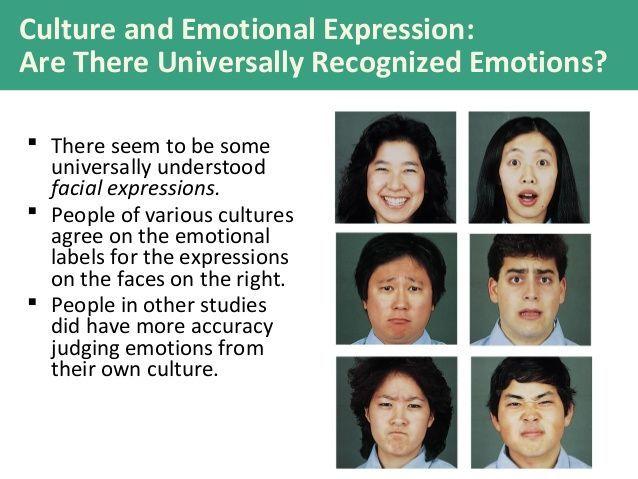

Are some facial expressions universal across cultures? | HowStuffWorks

Kaley Age: 23. I belive that after hard work in office u need sensual time with pleasure babyI provide service in GTA including Toronto, airport, Burlington, Etobicoke and Markham,It is my real pleasure introducing myself to you
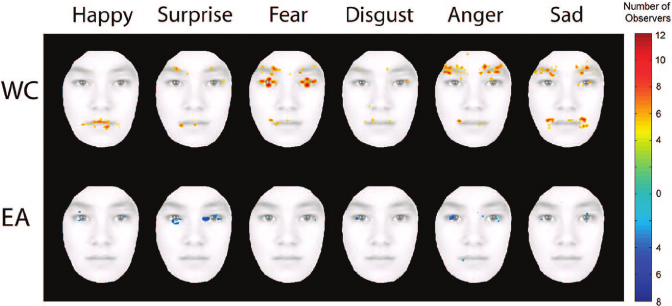
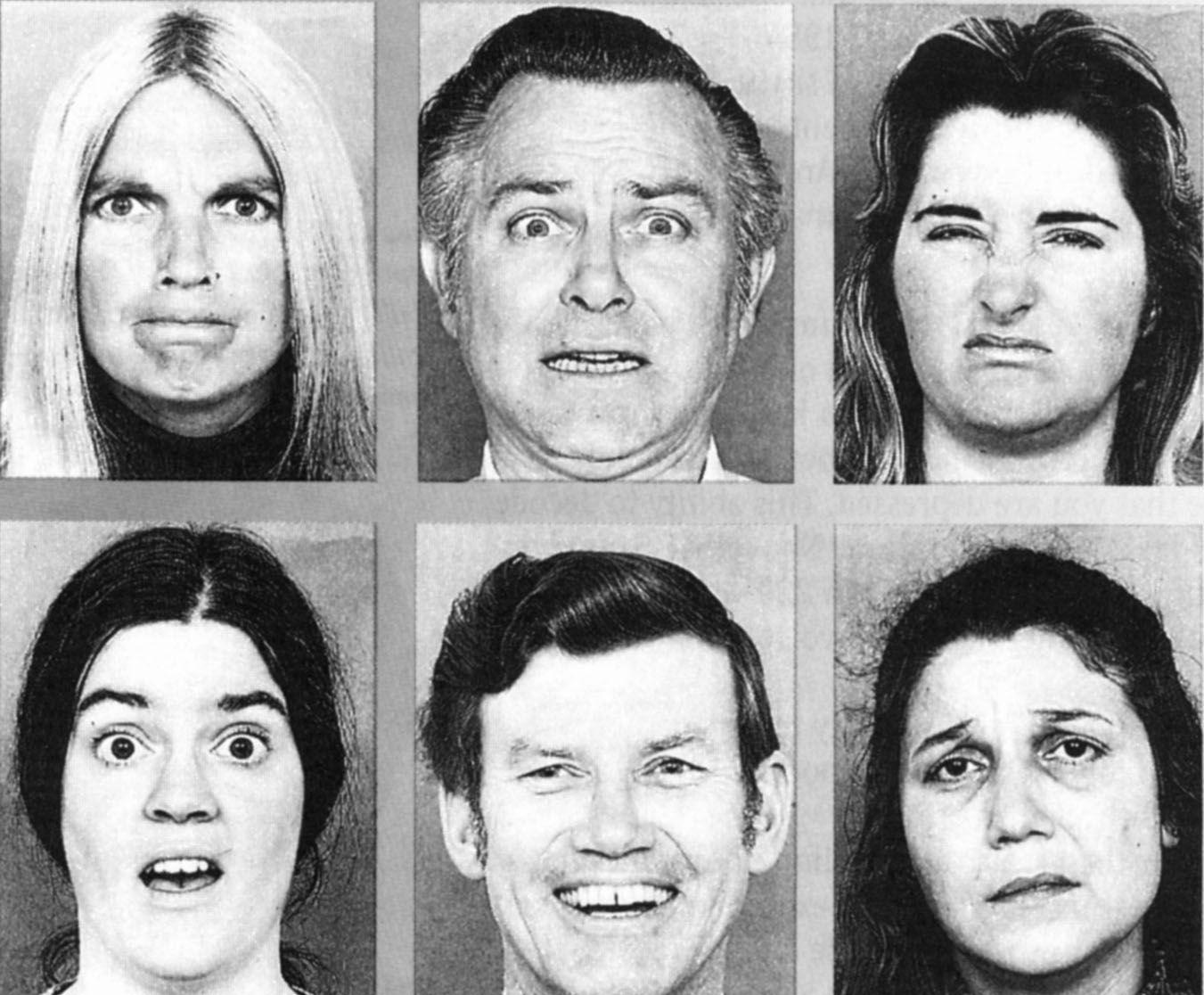


8 May By virtue of their biological origins (1⇓–3), facial expressions have long been considered the universal language to signal internal emotional states, recognized across all cultures. Specifically, the universality hypothesis proposes that six basic internal human emotions (i.e., happy, surprise, fear, disgust.
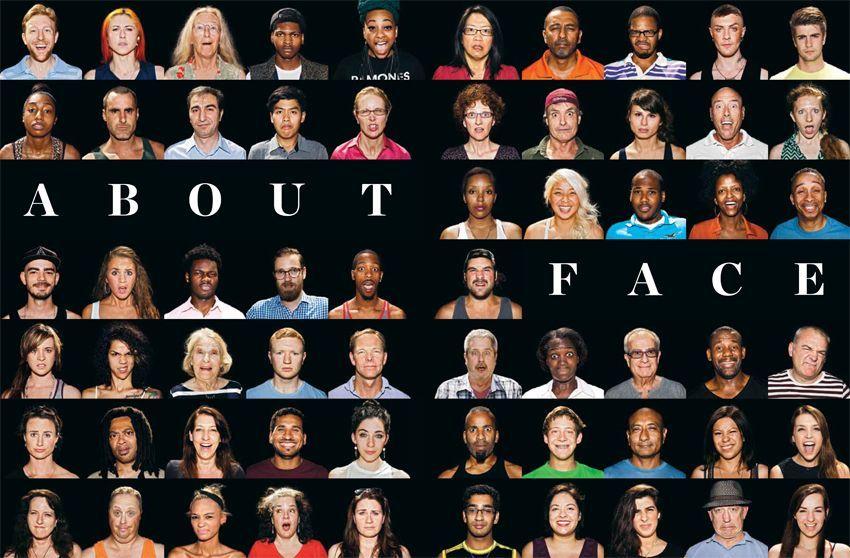
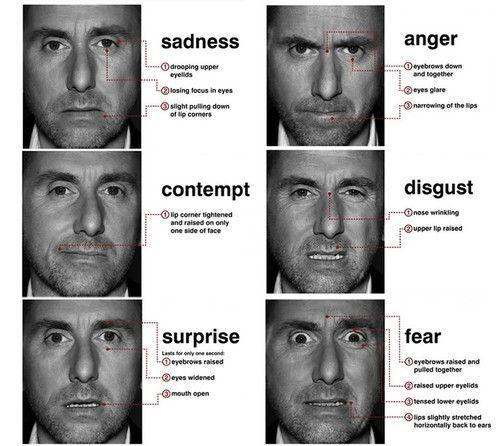
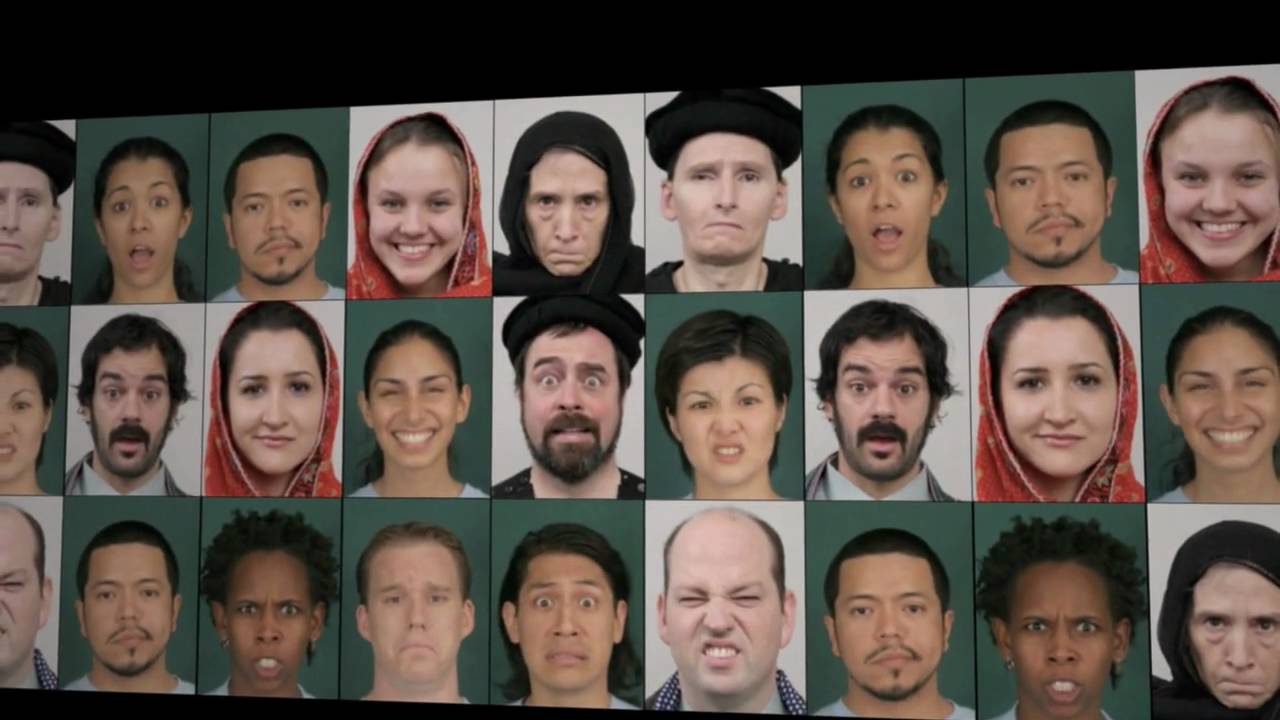
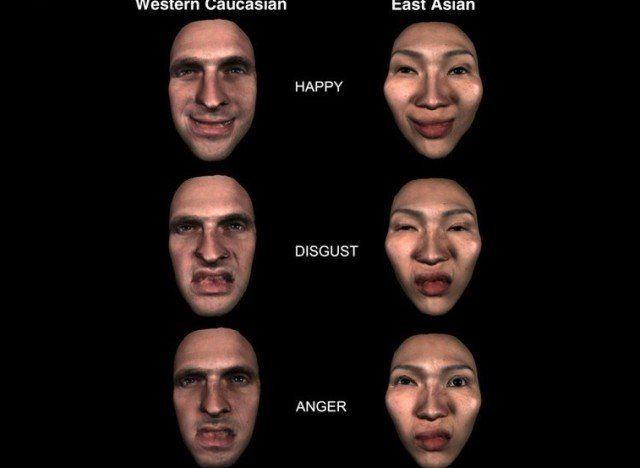
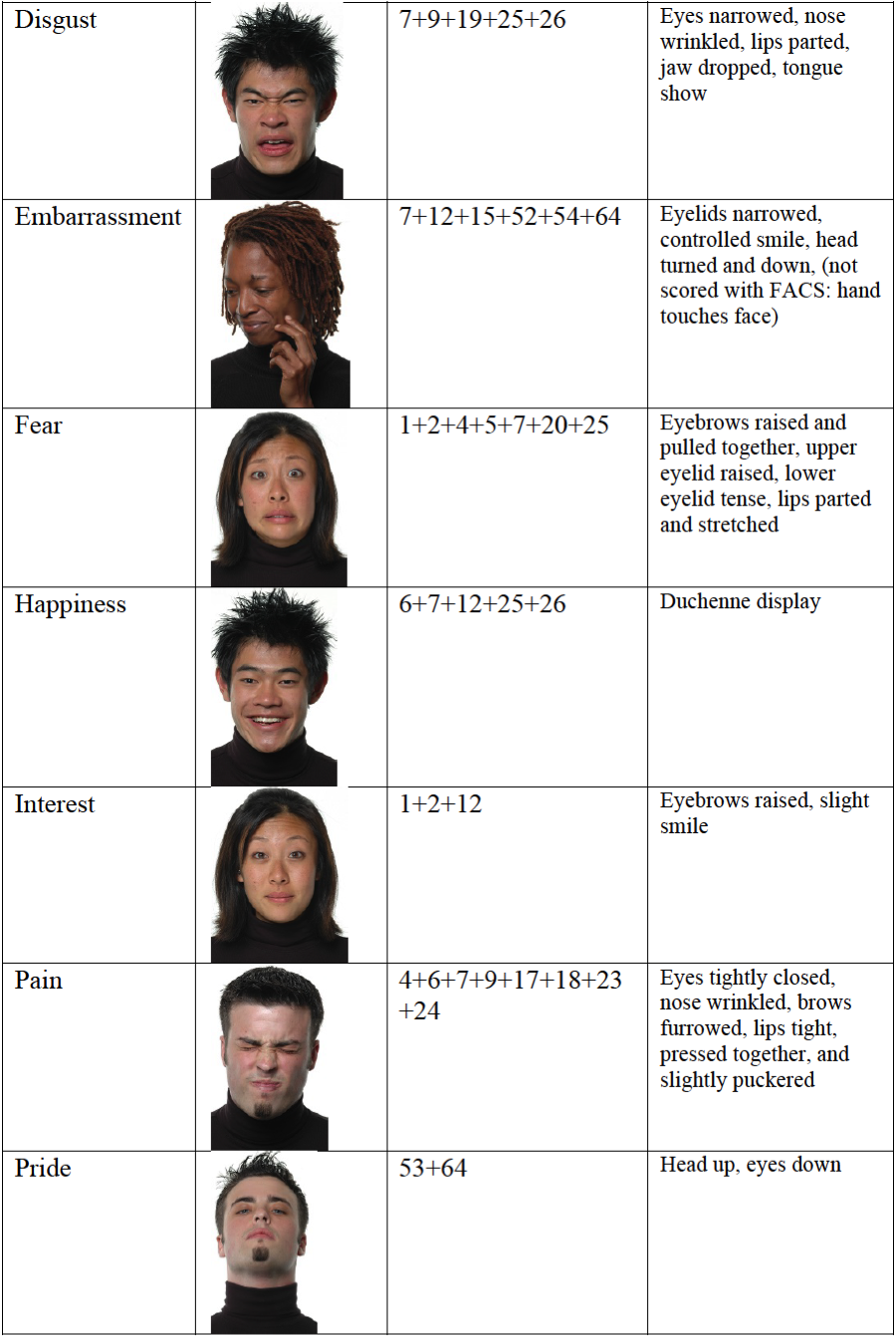
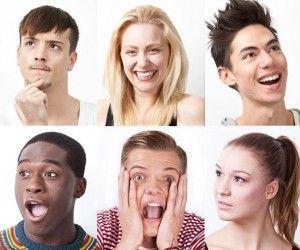
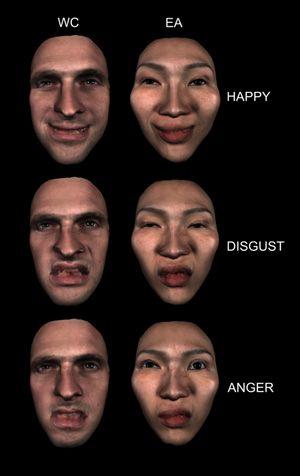
Description:Jack, PhD, of the University of Glasgow. But this study challenges that theory and used statistical image processing techniques to examine how study participants perceived facial expressions through their own mental representations. They viewed emotion-neutral faces that were randomly altered on a computer screen and then categorized the facial expressions as happy, sad, surprised, fearful, disgusted or angry.





































User Comments 3
Post a comment
Comment: